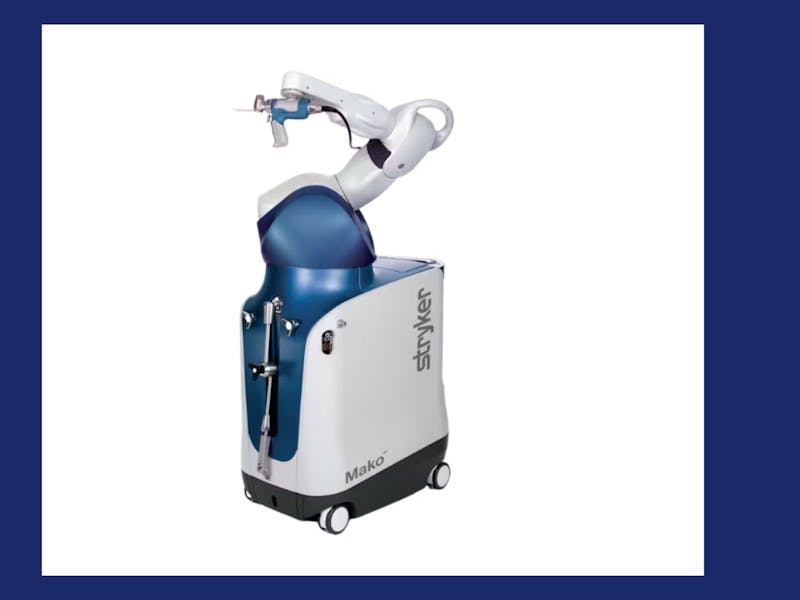
Joint pain can be life-altering, especially when it starts to impact everyday activities like walking, climbing stairs, or even getting out of bed. For many, the solution may be joint replacement surgery, a safe and effective procedure that can significantly reduce pain and improve mobility. If you’re considering joint replacement, here’s a helpful guide on symptoms to watch for, available treatment options, and what to expect during recovery.
Recognizing When It’s Time for Joint Replacement
Knowing when to consider joint replacement can be challenging. However, here are some symptoms that may indicate it’s time to speak to an orthopedic specialist:
1. Persistent Pain: Chronic pain in the joint that doesn’t improve with rest, physical therapy, or medication may indicate damage severe enough to require replacement.
2. Difficulty Moving: If you experience stiffness or difficulty with movement in your knees, hips, or other joints that limits your mobility, it could be a sign of advanced arthritis or joint degeneration.
3. Swelling: Consistent or increasing swelling around a joint, especially when accompanied by pain and limited movement, may suggest joint inflammation or damage.
4. Decreased Quality of Life: When joint pain interferes with your work, daily activities, or prevents you from enjoying your favorite hobbies, it may be time to consider more definitive solutions like joint replacement.
Treatment Options Before Considering Surgery
Before opting for joint replacement surgery, there are several conservative treatments that may alleviate symptoms. These include:
1. Physical Therapy: Strengthening the muscles around the joint can sometimes reduce pain and improve function, especially in the early stages of joint degeneration.
2. Medications: Over-the-counter pain relievers like acetaminophen, ibuprofen, or prescription medications can help reduce inflammation and manage pain.
3. Injections: Injections can provide temporary relief reducing pain and inflammation.
4. Lifestyle Adjustments: Weight management and low-impact exercises like swimming or cycling can reduce stress on the joint and help alleviate pain.
If these treatments fail to provide adequate relief, your orthopedic specialist may recommend joint replacement surgery as the next step.
What Happens During Joint Replacement Surgery?
Joint replacement is a surgical procedure that removes damaged portions of the joint and replaces them with prosthetic components made from metal, ceramic, or durable plastic. The goal is to restore pain-free movement and improve joint function.
Here are the most common types of joint replacement surgeries:
• Hip Replacement: Involves replacing the damaged hip joint with a prosthetic that mimics natural hip movement.
• Knee Replacement: Can be either partial (replacing only part of the knee) or total (replacing the entire joint).
• Shoulder Replacement: Typically involves replacing the ball and sometimes the socket of the shoulder joint to restore smooth movement.
Surgery is typically completed in a few hours, and most patients can start moving the joint soon after surgery to begin the recovery process.
Recovery: What to Expect
Recovery after joint replacement can vary depending on factors like age, overall health, and which joint was replaced. However, here’s a general outline of what to expect:
1. Hospital Stay: Many joint replacement surgeries are now performed as outpatient procedures, but if an overnight stay is needed, it’s usually brief.
2. Physical Therapy: Post-surgery, physical therapy is essential to rebuild strength, restore range of motion, and ensure proper alignment of the new joint. Therapy often begins the day after surgery and can continue for several weeks.
3. Pain Management: It’s common to experience post-surgical pain, but this is temporary and can be managed with prescribed pain relievers.
4. Resuming Daily Activities: While each person’s timeline is different, most people can resume light activities within a few weeks, though high-impact exercises are typically restricted for a few months.
5. Full Recovery: Complete recovery can take anywhere from 3 to 6 months, depending on the joint replaced and individual healing rates.
Is Joint Replacement Right for You?
Joint replacement is a major decision but can provide immense relief and significantly enhance your quality of life. If you’ve been struggling with chronic joint pain and conservative treatments haven’t provided relief, consult with one of our joint replacement specialists to understand the cause of your pain and treatment options.

